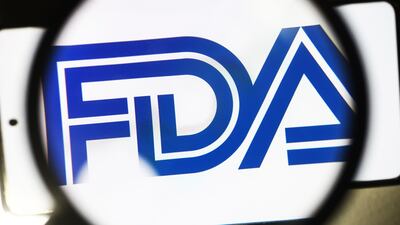International harmonization is essential to regulating devices that incorporate artificial intelligence and other digital technologies, according to Brendan O’Leary, acting director for the FDA’s Digital Health Center of Excellence. He explained that the approach is necessary because “you can’t have disjointed approaches to this technology across multiple jurisdictions.”
But from a regulatory angle, implementing global standards is challenging.




